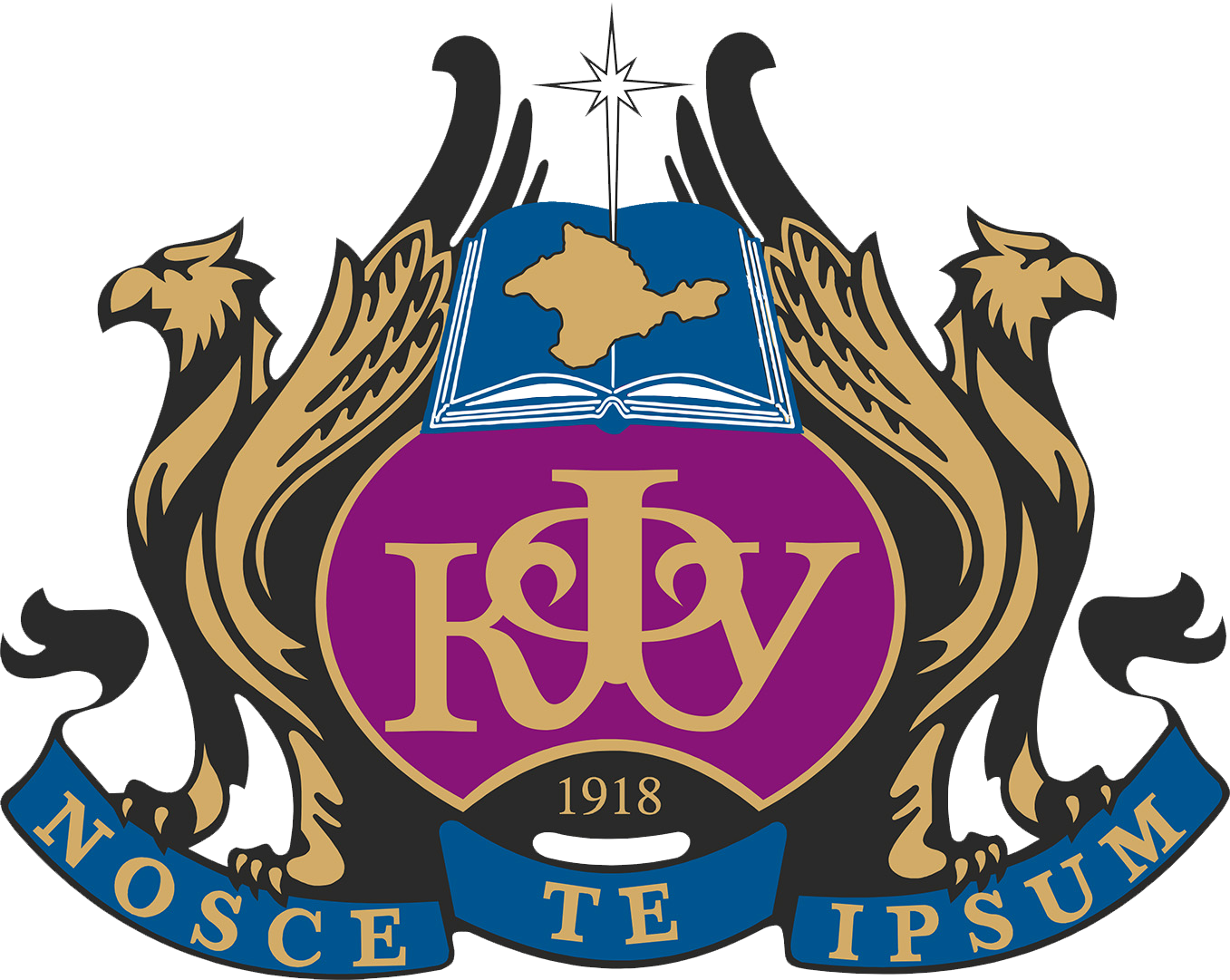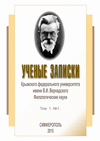The paper deals with the analysis of the emotional metaphor as a means of emotion conceptualization in phraseology. The interest to such idioms is accounted for by their capacity to reflect the understanding of emotions based on the socio-cultural experience of the language community, as well as to illustrate the national peculiarities of world perception through metaphoric meanings. On the material of English and Russian, metaphoric models of the emotional state are characterized, the role of metaphor in mapping the emotional domain is considered. In the context of a comparative study the authors find it relevant to expand the scope of understanding of the emotional model of the world formation by different linguocultures. Metaphors widely used to explicate the emotional concepts are orientational and ontological ones. A special attention is paid to anthropomorphic and zoomorphic metaphoric types. It is argued that the most productive metaphor is the anthropomorphic one, which can be explained by the anthropocentric mode of human cognition. Anthropomorphic metaphor assigns typically human properties or actions to emotions. Physiological metaphor also seems to be frequent in emotion conceptualization, based on similarity of physiological symptoms and emotional states. Zoomorphic metaphor is also actively used in metaphorical structuring the emotional sphere due to the special significance of animal images for people. In such idioms, animal images are metaphorically patterned to give characteristics of human emotions. The analysis of the material allows to make a conclusion that English and Russian phraseology represent nationally and culturally specific ways of metaphorical mapping of the human emotional experience. The common features in the metaphoric emotion representation are revealed in universal domain spheres for emotional metaphors. The distinctive features reveal themselves in different ways and frequency value, used in the process of figurative representation of positive and negative emotions in the phraseology of English and Russian, differences and gaps in metaphoric meanings, cognitive patterns of emotional concepts.
emotion, emotional model of the world, evaluative thesaurus, emotional metaphor, anthropomorphic metaphor, zoomorphic metaphor, physiological metaphor, phraseology.
1. Abakumova O. B. Emocii i emotivnyy komponent v poslovicah o schast'e // Emocional'naya sfera cheloveka v yazyke i kommunikacii: sinhroniya i diahroniya:
2. Apresyan V. Yu. Semanticheskie tipy emocional'nyh metafor // Emocii v yazyke i rechi: sb. st. / Sost. i otv. red. Sharonov I. A. – M.: Izdat. Centr RGGU, 2005. – S.9–30.
3. Bessonova O. L. Verbalizaciya emociy odobreniya - neodobreniya v ocenochnom tezauruse angliyskogo yazyka // Yazyk kak zerkalo kul'tury: sbornik nauchnyh statey k yubileyu doktora f
4. Bessonova O. L. Koncepty, oboznachayuschie emocii udovol'stviya neudovol'stviya, v strukture ocenochnogo tezaurusa angliyskogo yazyka // Mir. Chelovek. Yazyk: sb. nauch. tr. – Vladimir: Izd-vo VlGU
5. Gorshunov Yu. V., Gorshunova E. Yu. Animalisticheskie metafory i sravneniya angliyskogo yazyka, osnovannye na obraze domashnih zhivotnyh // Avstriyskiy zhurnal gumanitarnyh i obschestvennyh nauk.
6. Izard K. Emocii cheloveka. – SPb.: Piter, 2007.
7. Ioanesyan E. R. Zhestovye frazeologizmy // Yazyk. Kul'tura. Kommunikaciya: izuchenie i obuchenie: Sbornik nauchnyh trudov VI Mezhdunarodnoy nauchno-prakticheskoy konferencii, Orel, 20–21 oktyabrya
8. Ionova S. V. Lingvopsihologiya emociy v koncepciyah sovremennogo yazykoznaniya // Voprosy psiholingvistiki. – 2022. – 1 (51). – S. 26–39.
9. Kalinin O. I. Metafora kak predmet lingvisticheskih issledovaniy. – M.: RUSAYNS, 2022. – 124 s.
10. Kovshova M. L. Kul'turno-nacional'naya specifika frazeologizmov i voprosy eksplikacii ih kul'turnyh smyslov // Voprosy psiholingvistiki. – 2016. – № 4 (30). – S. 90–101.
11. Kolesov I. Yu., Tolstoluckaya Ya. R. Konceptualizaciya ocenochnyh emocional'nyh harakteristik cheloveka v angliyskih ad'ektivnyh konstrukciyah tipa light-hearted na osnove metaforicheskih
12. Kreydlin G. E. Neverbal'naya semiotika: Yazyk tela i estestvennyy yazyk. – M.: Novoe literaturnoe obozrenie, 2002.– 592 s.
13. Lakoff Dzh., Dzhonson M. Metafory, kotorymi my zhivem: Per. s angl. / Pod red. i s predisl. A. N. Baranova. – M.: Editorial URSS, 2004. – 256 s.
14. Makkormak E. Kognitivnaya teoriya metafory // Teoriya metafory. – M.: Progress, 1990. – S. 358–387.
15. Ortoni A., Klour Dzh., Kollinz A. Kognitivnaya struktura emociy // Yazyk i intellekt. Sb. / Per. s angl. i nem. / Sost. i vstup. st. V. V.Petrova. – M.: Izdatel'skaya gruppa “Progress”, 1995.
16. Rubinshteyn S. L. Osnovy obschey psihologii. – SPb.: Piter, 2021. – 720 s.
17. Silinskaya N. P. Zoomorfnaya metafora kak sredstvo konceptualizacii otricatel'nyh emociy v angliyskoy frazeologii // Mezhdunarodnyy nauchno-issledovatel'skiy zhurnal. – 2015. – № 10 (41).
18. Suhorukova Yu. S. Animalisticheskaya metafora vo frazeologicheskom otobrazhenii emociy (na primere francuzskogo i angliyskogo yazykov) // Sovremennye tendencii razvitiya nauki
19. Ulanovich O. I. Verbalizaciya emociy v angloyazychnoy frazeologii: kognitivnye modeli emotivnyh frazeologizmov // Sovremennye tehnologii obucheniya inostrannym yazykam: Sb. nauchnyh trudov.
20. Chudinov A. P. Ocherki po sovremennoy politicheskoy metaforologii: Monografiya / Ural. gos. ped. un-t. – Ekaterinburg, 2013. – 176 s.
21. Shahovskiy V. I. Obosnovanie lingvisticheskoy teorii emociy // Voprosy psiholingvistiki. – 2019. – № 1 (39). – S. 22–37.
22. Shahovskiy V. I. Emocii kak ob'ekt issledovaniya v lingvistike // Voprosy psiholingvistiki. – 2009. – № 9. – S. 29–43.
23. Fauconnier G., Turner M. Rethinking Metaphor // The Cambridge Handbook of Metaphor and thought edited by Raymond W. Gibbs, Jr. – New York: Cambridge University Press, 2008.
24. Kunin A. V. Bol'shoy anglo-russkiy frazeologicheskiy slovar': ok. 20000 frazeol. 6-e izd., ispr. – M.: Zhivoy yazyk, 2005. – 942 s.
25. Fedorov A. I. Frazeologicheskiy slovar' russkogo literaturnogo yazyka. – M.: Astrel': AST, 2008. – 828 s.
26. Cambridge International Dictionary of Idioms. – Cambridge: Cambridge university press, 1998. – 504 p.
27. Oxford Dictionary of Idioms. – Oxford: Oxford University Press, 2004. – 352 p.





